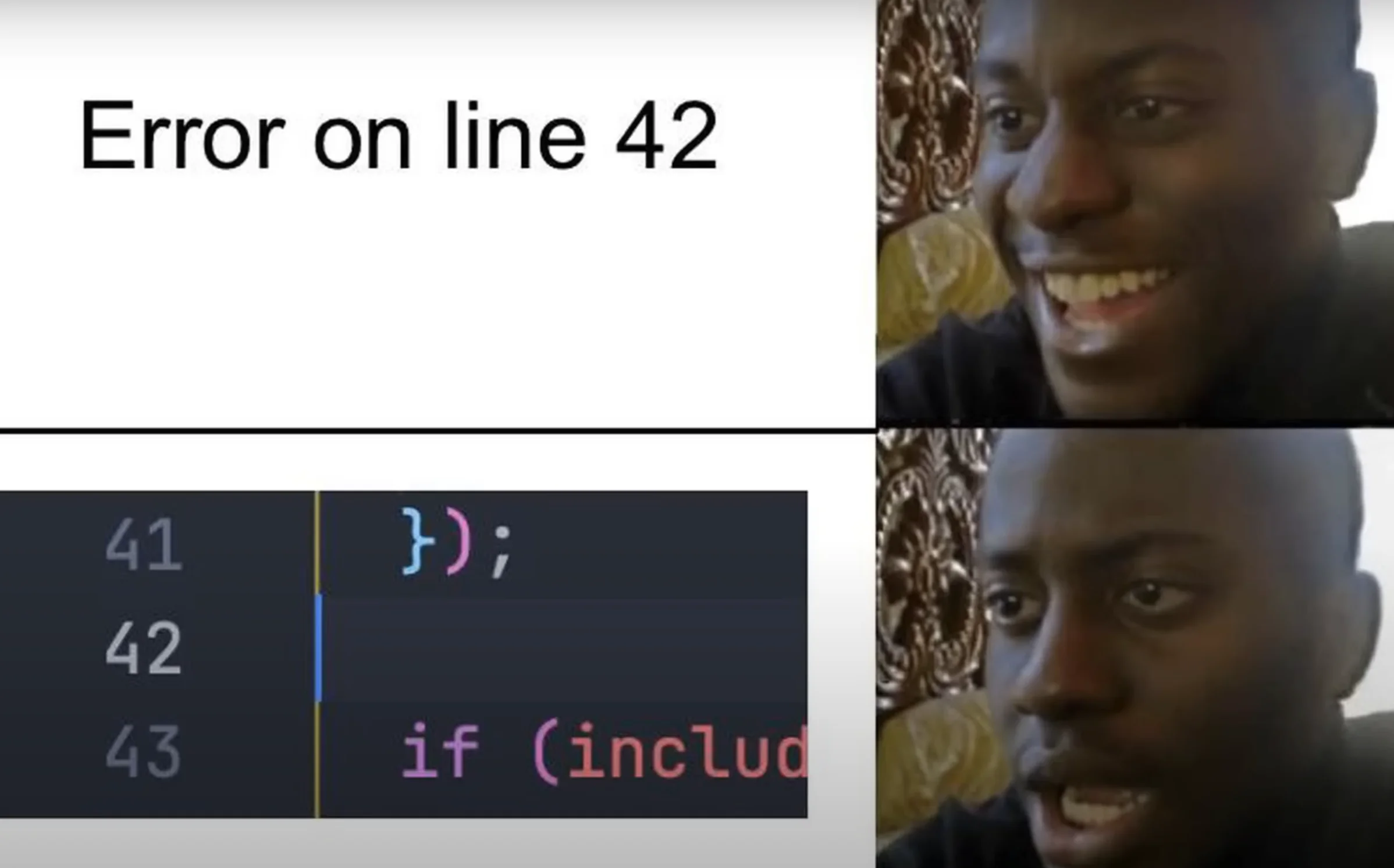Decorators in Python
- Decorators are frequently used in Python.
- They’re typically functions that take another function as an argument and return a new function with added functionality.
- Attach pre- and post-processing operations to an existing function.
- In other words, they’re a design pattern in Python that allows a user to add new functionality to an existing object without modifying its structure.
- We can apply multiple decorator to a single function, method, or data attribute.
- You can learn about methods and data attributes here.
First Class Citizens
Functions in Python are first class citizens, i.e. they support operations such as being passed as an argument, returned from a function, modified, and assigned to a variable.
from typing import Callable
# Reassign this function to a new variable
def plus_one(number: int) -> int:
return number + 1
add_one = plus_one
add_one(1)
# Define function inside another function
def func() -> None:
def func2() -> None:
pass
# Passing a function as an argument to another function
def perform_task(task_name: str, callback: Callable[[str], None]):
print(f"Starting task: {task_name}...")
print(f"Task ({task_name}) completed!")
callback(task_name)
def notify_completion(task_name: str):
print(f"Callback: {task_name} is complete!")
perform_task("Data Processing", notify_completion)
# Return a function
def outer_func():
def return_me():
pass
return return_me
Closures & Decorators
- Nested functions have access to the outer function variables as we’ve already touched it here when we talked about scopes and namespaces.
- A closure in Python is a function that remembers the environment in which it was created, even after that environment is no longer active. This means a nested function can use variables from its enclosing scope.
- Decorators rely on the ability of a nested wrapper function to access and modify the state of the enclosing decorator function.
from typing import Callable
def greet_generator(name: str) -> Callable[[], None]:
def greet():
print(f"Hi dear {name}!")
return greet
greet = greet_generator("Closure")
greet()
Function-based Decorators
Here you can see that we are using all the previously mentioned features in one place:
- Closure.
- Functions are first class citizens.
import datetime
from typing import Callable, Any
def logger(func: Callable[..., Any]) -> Callable[[], None]:
""" Log when function execution started and when it ended. """
def wrapper(*args: Any, **kwargs: Any):
print(f"Before the function call: {datetime.datetime.now()}")
print(args)
print(kwargs)
func()
print(f"After the function call: {datetime.datetime.now()}")
return wrapper
@logger
def greet():
print("Hello!")
greet()
[!NOTE]
This is how you can define a general purpose decorator which will accept any number of arguments.
from typing import Callable
def split(callback: Callable[..., str]) -> Callable[[], list[str]]:
def wrapper():
result = callback()
return result.split()
return wrapper
def uppercase(callback: Callable[..., str]) -> Callable[[], str]:
def wrapper():
result = callback()
return result.upper()
return wrapper
@split
@uppercase
def say_hi() -> str:
return 'hi there'
print(say_hi())
[!CAUTION]
Order of decorators matter: in python decorators are executed bottom-up. Meaning if we revert the order of decorators here we’ll get an error:
@uppercase @split def say_hi() -> str:
Accessing Arguments Passed to The Function
From time to time we need to perform some sort of operation on the arguments of a function through decorators.
from typing import Callable
def is_gmail(function: Callable[[str], None]) -> Callable[[str], None]:
def wrapper(value: str):
if value.endswith("@gmail.com"):
function(value)
else:
raise Exception("It was not a Google mail address")
return wrapper
@is_gmail
def send_notification(email: str) -> None:
print("Sending notification to {}".format(email))
send_notification("")
A Critical Issue With Decorators 🪲

- Decorators are wrappers around functions.
- The original function name, its docstring, and parameter list are all hidden by the wrapper closure.
- Try to log
__doc__, or__name__:print(send_notification.__name__) - To solve this issue we can add
@functools.wrapsdecorator:import functools def uppercase_decorator(func): @functools.wraps(func) def wrapper(): # ... return wrapper
YouTube/Aparat
Class-based Decorators
from typing import Callable
class Uppercase:
def __init__(self, function: Callable[..., str]) -> None:
self.function = function
def __call__(self, *args, **kwargs) -> str:
result = self.function(*args, **kwargs)
return result.upper()
@Uppercase
def greet() -> str:
return "Huawei - Betelgeuse"
print(greet())
- A class with a
__call__method that allows it to behave like a function. - The
__init__method initializes the decorator with the function to be decorated. - The
__call__method is invoked when the decorated function is called, allowing the decorator to modify its behavior.
Why Class-based Decorators?
- Stateful: use instance variables for greater flexibility.
from typing import Callable, Any class Counter: def __init__(self, function: Callable[..., Any]) -> None: self.function = function self.count = 0 def __call__(self, *args, **kwargs) -> Callable[..., Any]: self.count += 1 return self.function(*args, **kwargs) @Counter def f(): pass f() f() f() - Readability: in a complex decorators, encapsulating logic in a class can make the code more organized and easier to understand.
Another Perfect Real World Example
from functools import lru_cache
@lru_cache(maxsize=128)
def fibonacci(n):
if n < 2:
return n
return fibonacci(n - 1) + fibonacci(n - 2)
print(fibonacci(50)) # Subsequent calls with the same argument are much faster
print(fibonacci(100))
- Logging: Track function calls, arguments, and return values for debugging or auditing.
- Authentication: Enforce access control in web applications like Flask or Django.
- Execution timing: Measure and optimize function execution time for performance-critical tasks.
- Retry mechanism: Automatically retry failed function calls, useful in network operations.
- Input validation: Validate function arguments before execution.